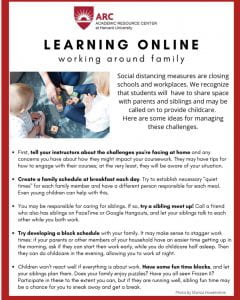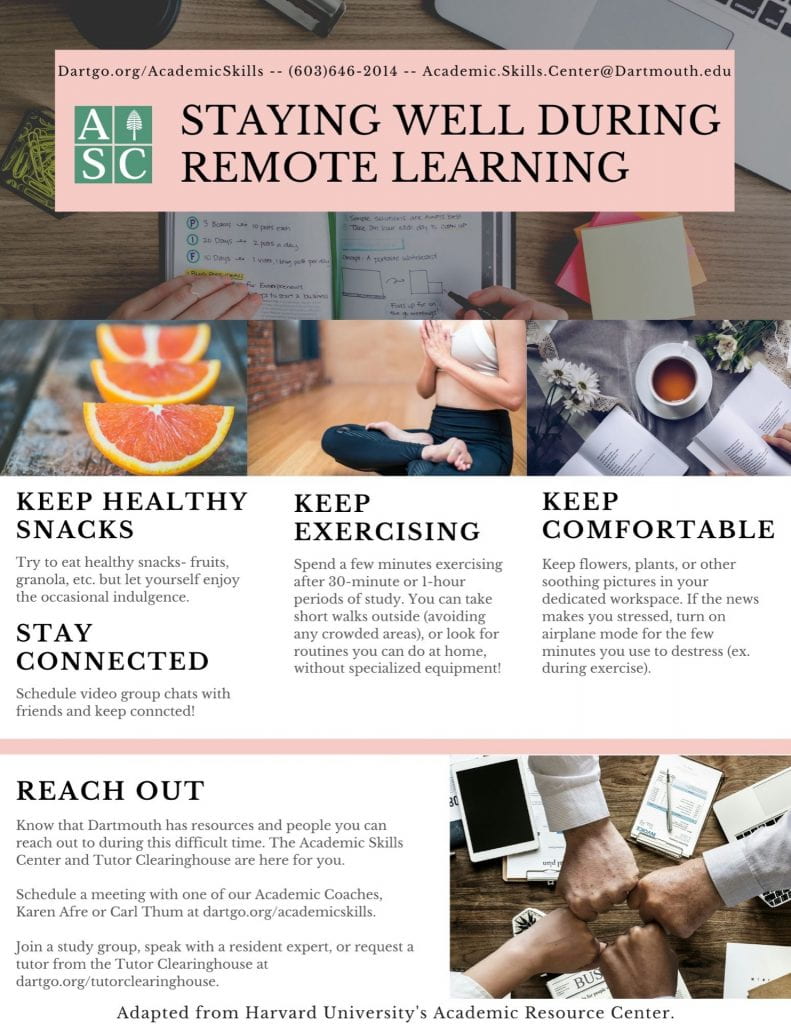Graduate school is not in everyone’s future. But for those of you who are considering diving into getting an advanced degree, it would serve you well to really consider what that would consist of. It can be a wonderful opportunity to expand your horizons academically and for your future career.
However, graduate school is a whole different ball game from undergrad. Expectations, class structures, and social norms all differ drastically. One of the biggest issues that new graduate students run into is that they don’t foresee the many changes that are expected to occur in them academically and professionally between undergrad and grad school.
Preparation is key during that transitional time, and here are some key things that you can keep in mind if you are thinking about entering graduate school sometime in the near (or even distant) future.
Hand-holding vs. Mentoring
In graduate school, there is an understanding that professors are closer to being colleagues of sorts to their students rather than authoritative figures. This change can feel unnatural to some, but there are many positives you can take from this. You can feel more comfortable to speak your mind in discussions and during office hours.
With this notion also comes the understanding that you, as the student, are fully in charge of your own research and academic trajectory. Gone are the days of professors hand-holding you through lectures and assignments. There is now the expectation that you are in charge of your academic life, and that professors are there to act as guides and mentors throughout your journey.
Time Dedicated to Each Class
In undergrad, it’s common to take between four and six courses at one time. With the D-Plan system, the normal course enrollment is three courses per each ten-week term. That is a lot of broad material packed into a very small time frame.
Dr. Melissa Brown, a current postdoc at Pennsylvania State University, states that “each graduate class will require a lot of reading, more than you ever thought possible in college – and more than might actually be possible in a week. You’ll have to learn to prioritize the most important readings and actively skim the rest […] You’ll be expected to be prepared for seminars and to speak up and participate in the intellectual conversation [...] Higher quality is expected from your papers, presentations, and group projects”.
Don’t let this knowledge intimidate you! In fact, think of it as an opportunity to dedicate more time to what you're truly passionate about research-wise. That is one of the main benefits of a graduate program after all!
Breadth of Knowledge vs. Depth of Knowledge
In exchange for the past academic trajectory of learning a lot about a wide variety of topics, you will now be expected to take more of a deep dive into the material that you are covering. Your classes and course work are there to prepare you to compose your own individual research and thesis/dissertation.
"Be sure to “develop a clear idea of what you want to study before you start graduate school because you won’t have the same freedom to explore different disciplines as you did in college” (Brown). Flexibility decreases significantly when you enter most graduate programs. But in its place, you have more time to focus your attention on one valuable area of study.
Departmental Ties vs. College/University Ties
In undergrad, students are more likely to feel a kinship for their university or college as a whole. They may feel a lot of school-centered pride (or possibly resentment depending on multiple factors). During graduate school, things change a bit.
In most graduate schools (Dartmouth graduate schools included), students are accepted to individual departments, not the school itself. Most classes and job opportunities take place in the same one or two buildings, and most interactions among students and faculty are within the department.
Ways to get more involved with the university as a whole would be to sign up for activities that involve undergraduate interaction (ie. resident fellow programs, tutoring, mentorship programs) and/or signing up for graduate student organizations to keep you engaged with grad students from multiple departments.
Of course, this is optional, as most graduate students are more than content with keeping their social circle confined to their department! It can be easier for some as you are all working towards more similar goals with similar research endeavors.
Accountability is Key
Perhaps one of the most important things to keep in mind during your transition into graduate school is the importance of taking accountability for your education. Graduate school is expensive. And whether you need to pay for your classes through being a teaching assistant, a resident fellow, and/or federal loans, it is important to keep in mind that grad school is what you make of it.
You can only get out of it what you put in. The goal is no longer to just pass and get your degree; you should be actively learning and engaging as much as possible in order to make the process worthwhile.
Figure out an effective study system, how often you need to take breaks, and what a realistic deadline looks like to you so that you do not get overwhelmed.
Be sure that you’re ready to take on one of the most important components of graduate study, that being to “take the initiative to seek out materials to make new experimental and conceptual connections that take your research in new directions" (Stanford Biosciences).
Ease the adjustment period by being prepared. That way your transition into higher education will be smoother and you’ll be equipped with the readiness to become a true scholar.
References:
- Scott Hibbard, 4 Key Transitions for the Graduate-Level Student
- Dr. Melissa Boone Brown, 7 Big Differences Between College and Graduate School
- Stanford Biosciences Department, Transitioning to Graduate School





















